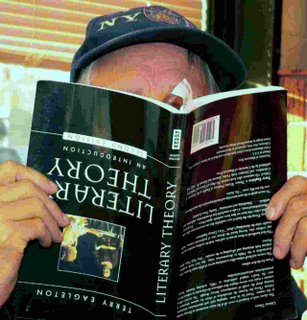Mother of a nation: LIBERIAN President Johnson-Sirleaf
By Ruthie Ackerman | Contributor to The Christian Science Monitor 
'ARE YOU IN SCHOOL?' Ellen Johnson-Sirleaf talks to a group of children outside a church in Monrovia, Liberia, to see if they're going to school. In 2005, she became the first woman elected to lead an African nation.RUTHIE ACKERMAN
MONROVIA, LIBERIA – At the First United Methodist Church in downtown Monrovia, President Ellen Johnson-Sirleaf sits in the front row for the Sunday morning service, wearing a golden robe and headdress befitting a queen.
Hours later, she wears white sneakers and a baseball cap as she dribbles a soccer ball across a soccer stadium, showing off some of the moves she learned as an 8-year-old girl on an all-boy soccer team.
'Instead of telling them "We're going to build you a school," we ask them, "What is your priority?"
- Ellen Johnson-Sirleaf
"This is reconciliation," she says, aware that most people in the crowd probably voted for her opponent, soccer star George Weah, in Liberia's 2005 presidential election. But her presence at the soccer game proved something more than just her athletic prowess: It showed her willingness to try to bridge the gap between opposing political parties and bring strong leadership to Liberia, a country still devastated by a 14-year civil war that ended in 2003.
These dichotomies - athlete/intellectual, fierce fighter/ nurturer, Harvard-educated economist/African leader, technocrat/feminist - are what give Ms. Johnson-Sirleaf a unique perspective, both as the leader of Liberia and as the first democratically elected female head of state on the continent . . . Yet, how can she realistically restore her nation with an $80 million annual budget and a $3.7 billion debt?
Answer: Slowly.
Looking to the Peace Corps for help
The United States Peace Corps is one way the president says she hopes to recruit teachers to teach the 50 percent of Liberian children who aren't attending school. She also would like to see the 450,000 Liberians currently living outside the country - a group she calls Liberia's biggest national asset - to return home.
"Most of our talents that are out there in the diaspora, once we get them back, then we have the basic ingredient to be able to move our development agenda," she says.
But the president is aware that there are still many impediments for Liberians wishing to return: a lack of good schools and good healthcare, to name two.
With so many major celebrities focusing on Africa - Angelina Jolie, Bono, Madonna - and Hollywood movies choosing Africa as their subject - "Blood Diamond," "The Last King of Scotland," "The Constant Gardener"
- Johnson-Sirleaf says the hot-button issue right now is poverty. "[Poverty] becomes the No. 1 priority, the one thing that needs to be addressed if you're going to really achieve your development goals, and I think that has brought to the forefront a whole new sensitization about how we do development," she says.
Permission to reprint/republish can only be granted by The Christian Science Monitor. See their representative.



No comments:
Post a Comment